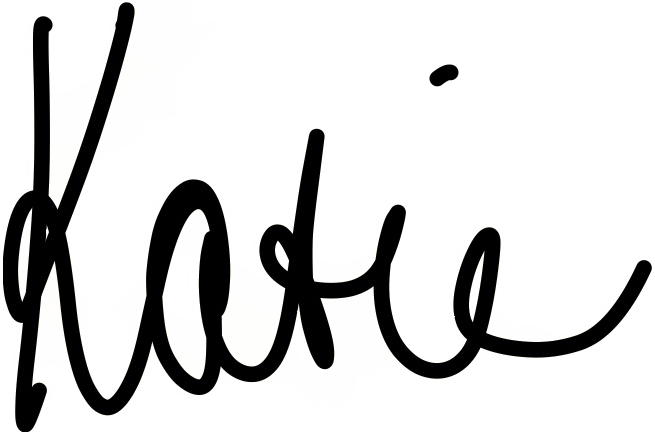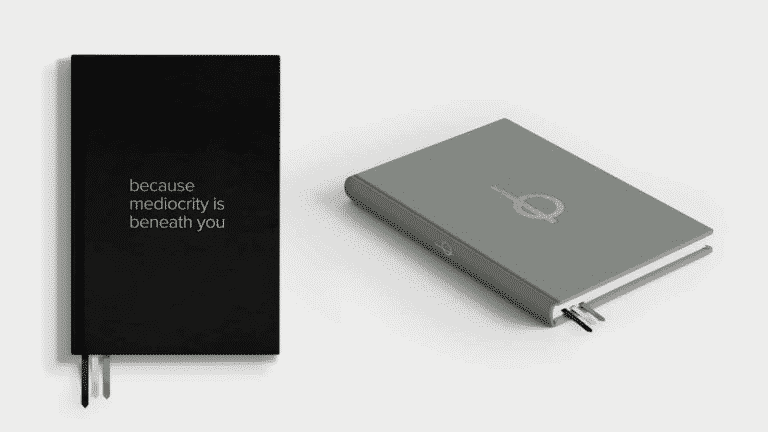b quiet: the quiet scared me

The quiet terrified me so I tried to outrun it, even outpace it, with busyness. Being still meant an open invitation to my bullying thoughts and berating self-judgement. Being quiet actually meant being drowned in the cacophony of shame resulting from the meticulous and mean dissection of the day: the careless remark, the social gaff, the lost sale, the disappointment of letting someone down with unkept promises, my rude impatience, the dance between being too much or more often, not enough. I intuitively knew the quiet housed the shame that busyness kept at bay.
In the stillness of the night, the forced and vulnerable quiet right before I fell asleep unearthed all the ways I had fallen short. No wonder I drove myself to the point of exhaustion to bypass a moment of pillow reflection before passing out.
The fact is busyness worked. I got shit done. I crushed sales goals, received accolades and huge bonuses, earned every incentive trip to exotic locations, drove a company car, racked up impressive points on the corporate American Express card, sat at the right tables, and knew the right people who opened the right doors. But I did not feel right.
What I could not figure out is how to tame the distracting symptoms that inevitably interrupted all this so-called “success.”
As I neglected my self-care in deference to accomplishment, my body whispered with ailments and then roared with chronic disease.
- I was breathless with asthma. I could not come up for air.
- I was exhausted. I could not borrow any more future energy because there was none left.
- I was addicted to sugar. I could not consume enough sweetness to compensate for the bitterness of workaholism.
- I was suffering from digestive disease (ulcerative colitis and IBS). I could not stomach my life, gulping food and life whole without ever savoring it.
I required extreme conditions for my awakening. Maybe you do too. Or maybe, as is my hope, that the whispers are enough. That you no longer tolerate the fatigue, overwhelm, the sense of failure, as just life. That you choose not to settle for mediocrity.
Desperate and petrified that “my empire” could all come crashing down, I employed all the plant-based nutrition advice and wellness practices I had passionately studied for decades.
Lack of implementation-not lack of knowledge-was my problem. I started with slowing down because it is one approach I had not yet tested. Our greatest teacher is that which we avoid most. This time, I approached the quiet with curiosity instead of dismissive horror. I started with a quiet cup of tea as a daily ritual. The practice has a clear beginning and an end which tamed the racing pulse of productivity.
The answers I thought I could get out of self-improvement books and lectures, potions from gurus, workouts or detoxes already resided within. Solutions and peace of mind were already there, waiting for me to awaken.
What I believed to be an obstacle to a sense of achievement proved to be the most powerful tool for productivity. What was abhorrent is now gratefully embraced. Beneath the frenzy is a profound craving for silence.
While my story is extreme, I see variations of it all the time in my coaching work. I marvel at my clients’ almost categorical resistance to slowing down. I work with the doers, the high-achievers, who move mountains in their careers. They are forces of productivity, leveraging vast, honed skills to leave an impressive legacy. The tenacity, conviction, and confidence found in their work often do not translate to their own care. Consistent nourishing habits to tend to the body and mind of all this great work are the casualties of this heightened success. They lack strategies for transferring their career success to their own well-being.
So I assign the homework of preparing and consuming a cup of tea in silence once a day for 2 weeks. The concept is almost always met with distain and distrust, sometime to the point of not doing it. All other assignments have been dutifully completed since day one and yet this tea homework becomes the glaring omission to an otherwise perfect report card. The degree of reluctance exposes the degree of need. They resist and I persist until that first cup. Then they get it. They feel very uncomfortable in the company of themselves and they know there is an opportunity for growth.
Very quickly this ritual validates the connection between some quiet reflection and effectiveness. The resulting mental clarity inevitably leads to better work. It is hard to imagine that “just being” helps us to do…do more, do better, do the right things.
So test it for yourself. Let it be an experiment in being still.
b nudged:
Every day for the next two weeks, make one cup of tea in silence without distraction. No media, no reading, no writing, no one else but you. From the water boiling to the last drop, steep yourself in the present.


